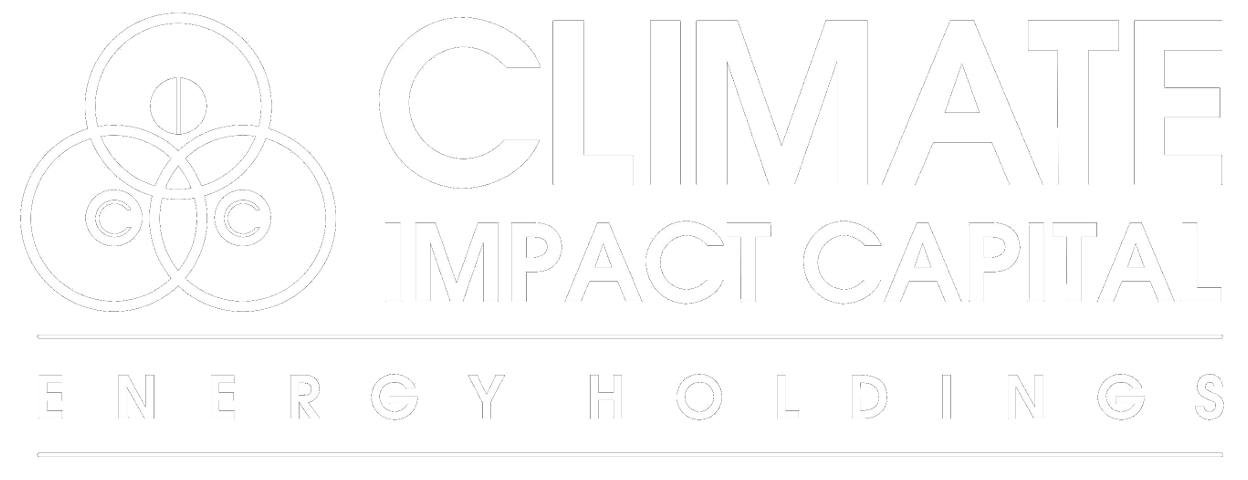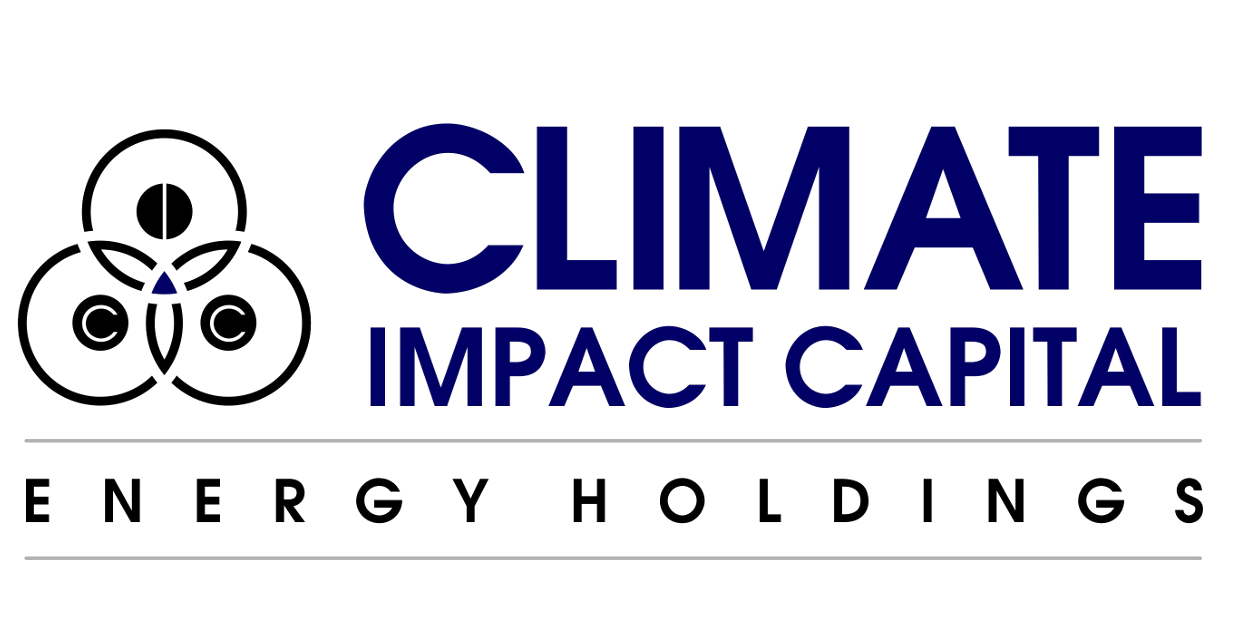The U.S. Department of Energy defines community solar as any solar project or purchasing program, within a geographic area, in which the benefits of a solar project flow to multiple customers such as individuals, businesses, nonprofits, and other groups. Community solar is a form of solar energy generation that allows community members of all types to access meaningful benefits of renewable energy, including reduced energy costs, low- to moderate-income household access, increased resilience, community ownership, and equitable workforce development and entrepreneurship.

Community solar programs make solar more accessible to all Americans, particularly to those with low-to-moderate incomes, renters, and other community members for whom traditional rooftop solar is unavailable. Rather than putting solar on their own home or building, community solar allows energy users to subscribe to a shared system of solar panels, often located within their community.

